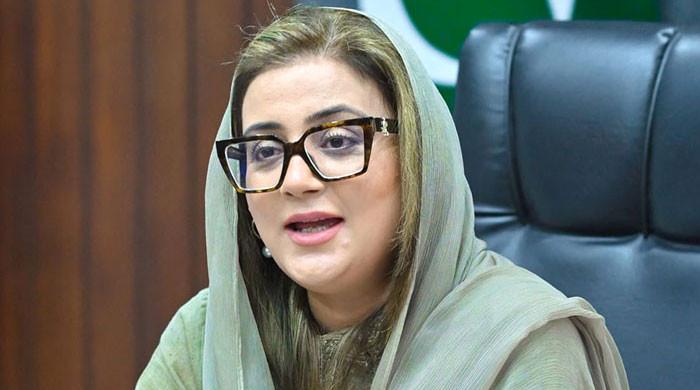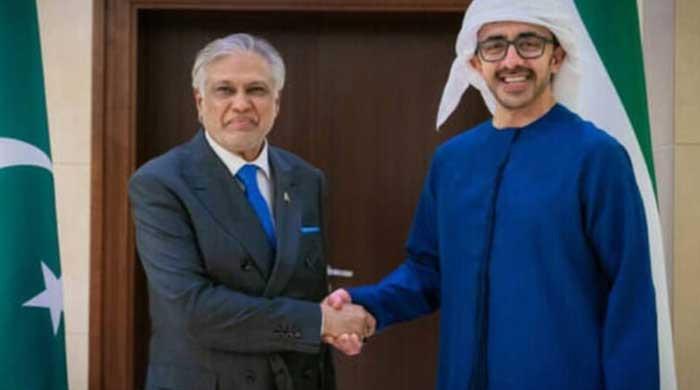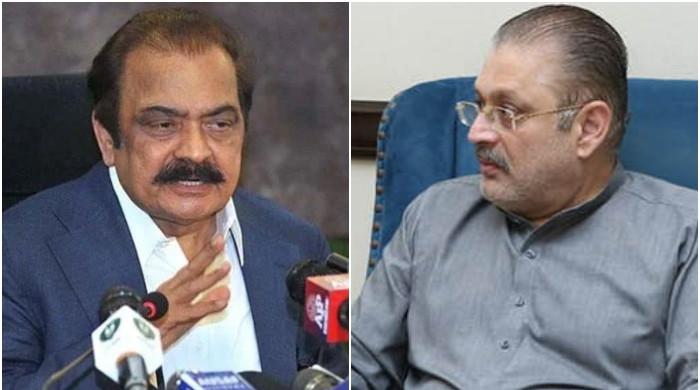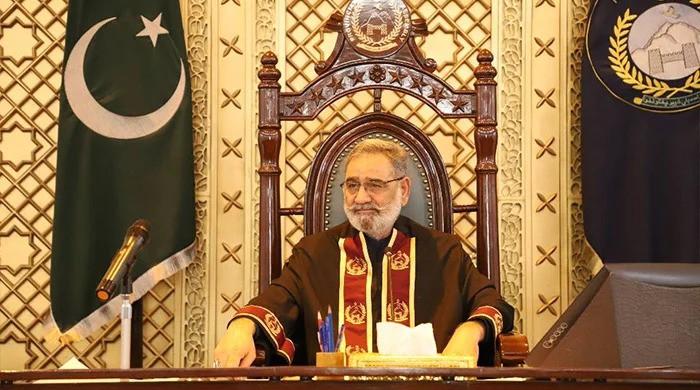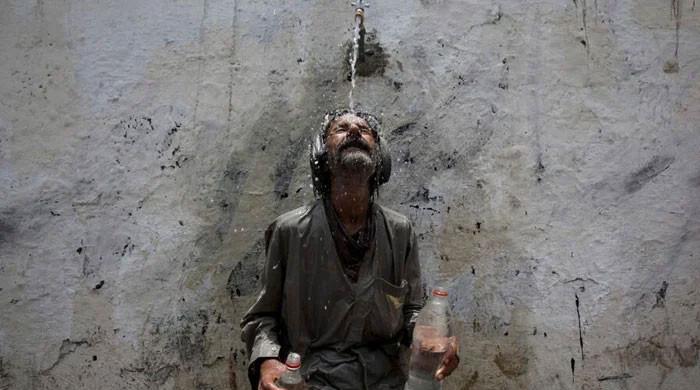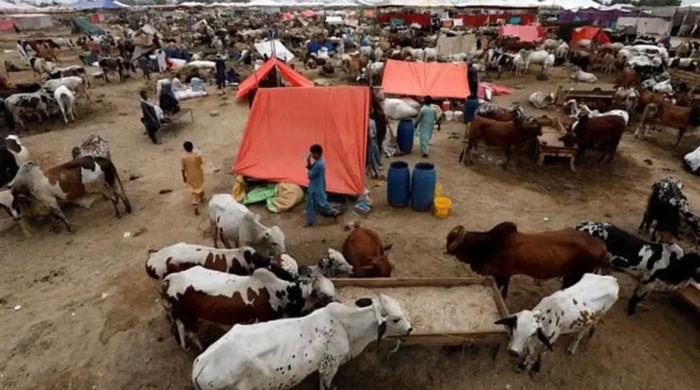Dr Tahir-ul-Qadri sets out for Lahore
ISLAMABAD: Tehrik Minhaj-ul-Quran leader, Dr Tahir-ul-Qadri, after calling his four-day long mass protest off has set out for Lahore, Geo News reported.Sources said he came down from his...
January 18, 2013
Sources said he came down from his bulletproof cabin following an agreement with the government, climbed on his sleek black SUV and headed towards Lahore leaving thousands of his followers behind celebrating "victory".
The decision, hours after the Supreme Court adjourned an alleged corruption case against Prime Minister Raja Pervez Ashraf having earlier ordered his arrest, gives the government breathing space after three days of high tensions.
"I congratulate you. Today is the day of victory for the people of Pakistan. You should go home as peacefully as you came here," Qadri told participants after signing the deal with the prime minister.
Qadri's supporters danced and cheered in a carnival-style atmosphere despite the chilly winter night, before packing their bags, collecting up mattresses and blankets, and getting in their vehicles to leave.
Qadri, cabinet ministers and members of the coalition negotiated for hours in the bulletproof container where the cleric has been holed up since early Tuesday while his supporters have slept on the ground outside.
"I congratulate you. Today this is another victory for democracy,"
Information Minister Qamar Zaman Kaira told the crowd, standing alongside Qadri.
"This is your victory. This is Qadri's victory. This is my victory and this
is the people's victory. This is the real face of Pakistan," he added.
Qadri had called for parliament to be dissolved immediately and for a caretaker government to be set up in consultation with the military and judiciary to implement reforms before elections.
His sudden -- and apparently well-financed -- emergence after years living in Canada has been criticized as a ploy by sections of the establishment, particularly the armed forces, to delay the elections and regain power.




